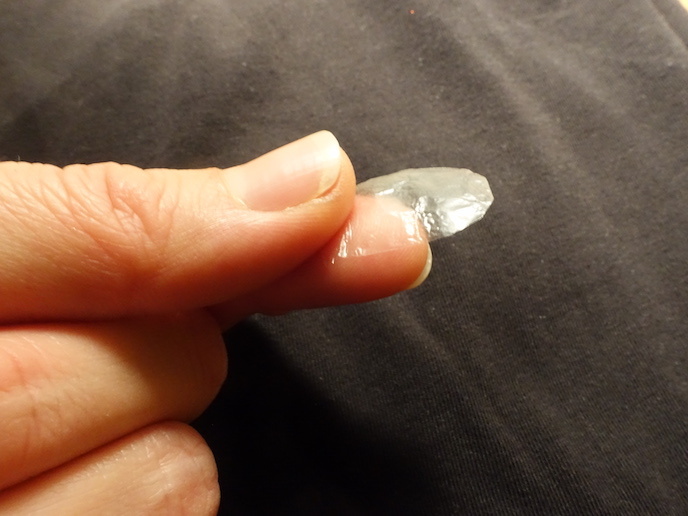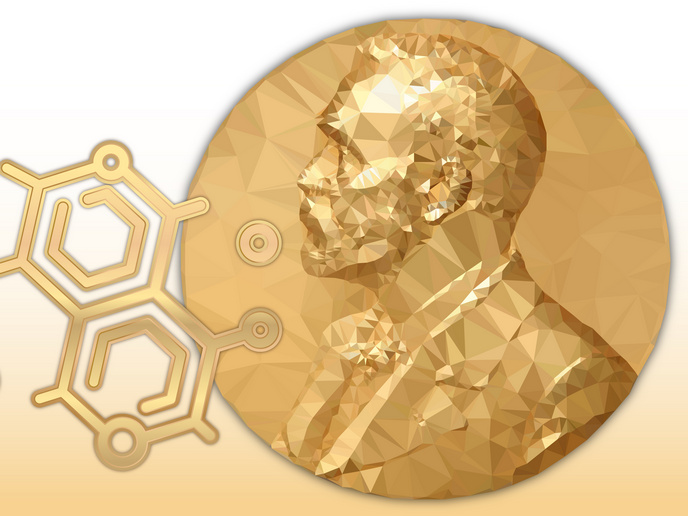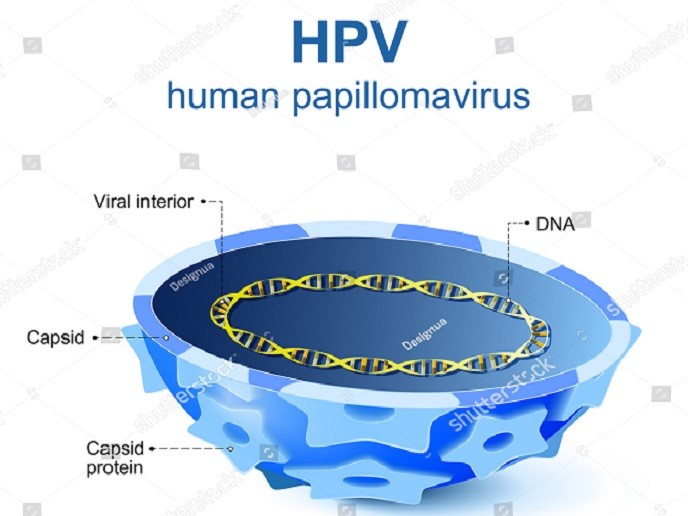Immunotherapies for diabetes
T1D is an autoimmune disease where the insulin-producing beta cells are destroyed by infiltrating immune cells. The EU-funded NAIMIT (Novel immunotherapies for type 1 diabetes) consortium worked on the protection of pancreatic beta cells and restoration of their function. Apart from providing key insight into the role of beta cells in T1D, project findings have major clinical significance for stopping disease progression. Partners explored the use of natural molecules such as vitamin D and glucocorticoids to modulate the function of immune cells and induce antigen tolerance. By generating ‘dendritic cells’ (DCs), the researchers produced an experimental cell-based vaccine. A phase I trial, currently recruiting the first patients, will test the stability of the tolerogenic DCs and the safety and efficacy of the intervention. Variations in the pathways of vitamin D metabolism were identified and seen to contribute to the immune system responses (DCs and T cells) to the vitamin. This could well lead to the development of individually tailored therapies. Another approach involved treatment of mice with the actobiotic Lactococcus lactis expressing human proinsulin and IL10. This treatment effectively reversed diabetes in over 60 % of new-onset diabetic mice, when combined with low subtherapeutic doses of anti-CD3. Clinical trials are being considered for this novel therapy. Researchers performed proteomics and gene expression analysis on beta cells from human islets exposed to cytokines. A role for several new candidate genes for T1D in beta cell responses to cytokines or viral infections has been identified. For the first time, researchers have managed to demonstrate that candidate genes for T1D may act at the beta cell level. This indicates modulation of both beta cell apoptosis and the virus-induced dialogue between beta cells and the immune system, and may lead to novel therapies. Patients are eager to learn about these promising new therapies; so far, the dissemination strategy has been very effective at all levels. The content from the project website, scientific meetings, videos and articles in the press have all targeted society as a whole. For the scientific world, there were more than 50 peer-reviewed articles in the fifth year as well as conferences and high-level collaborative meetings.
Keywords
Immunotherapy, type 1 diabetes, beta cell, insulin, vitamin D, dendritic cell, vaccine, actobiotics







